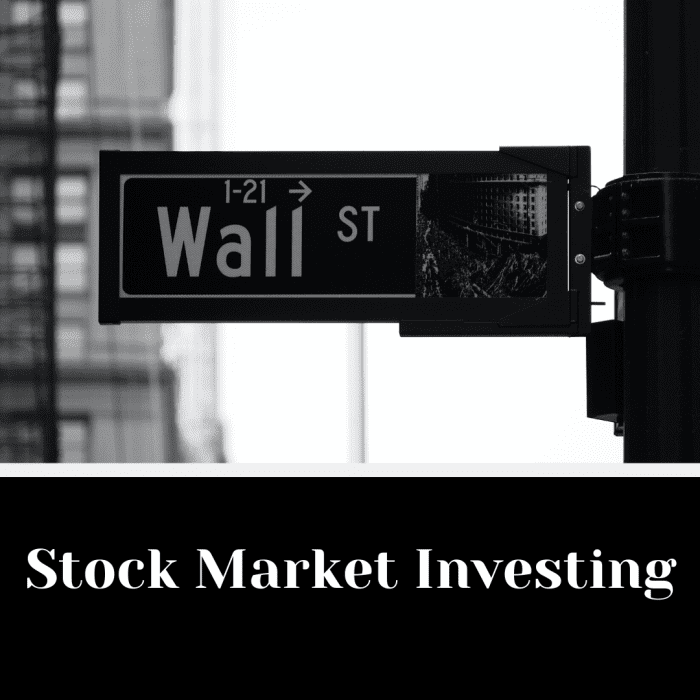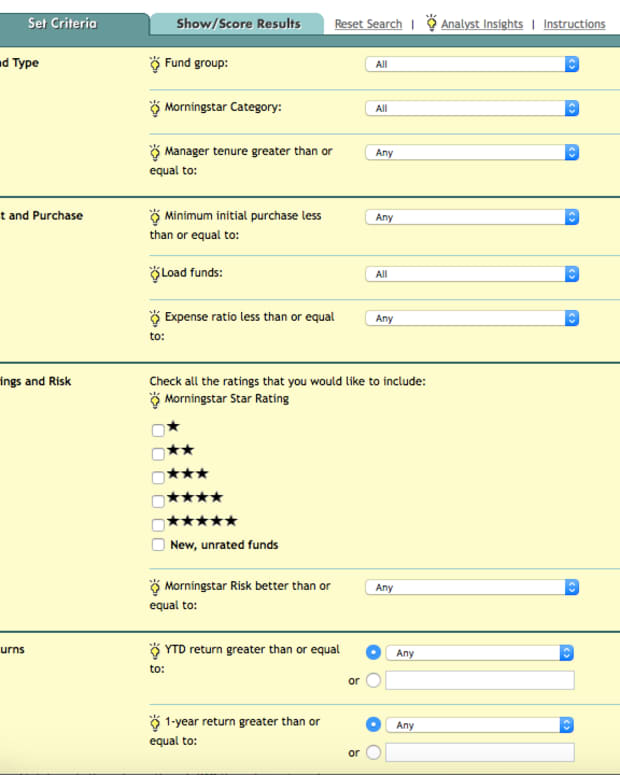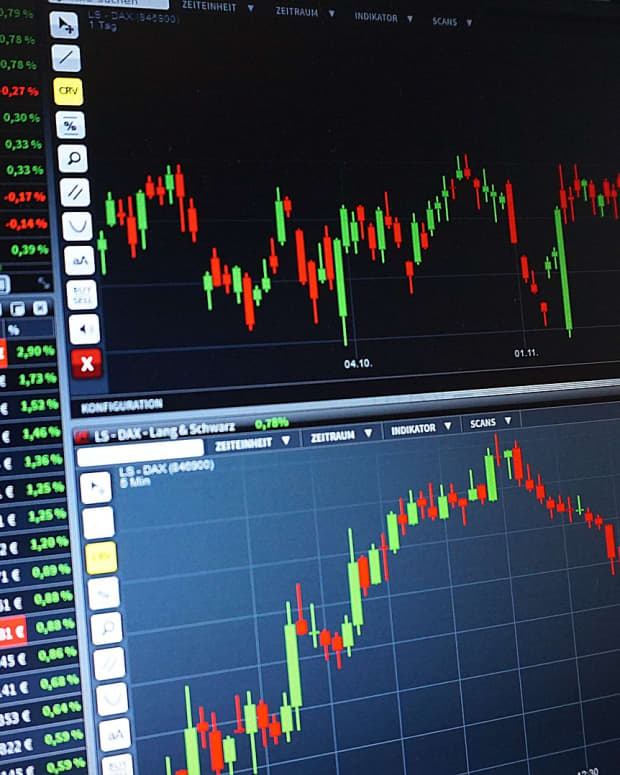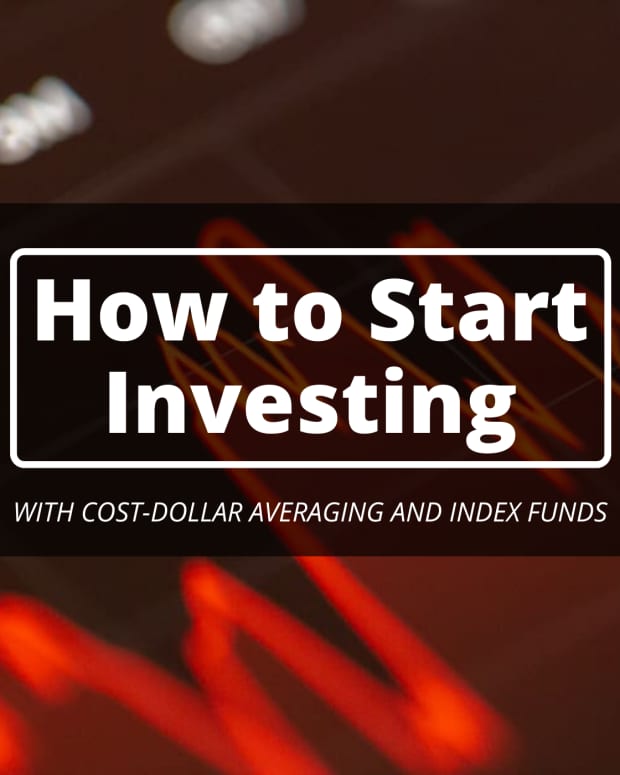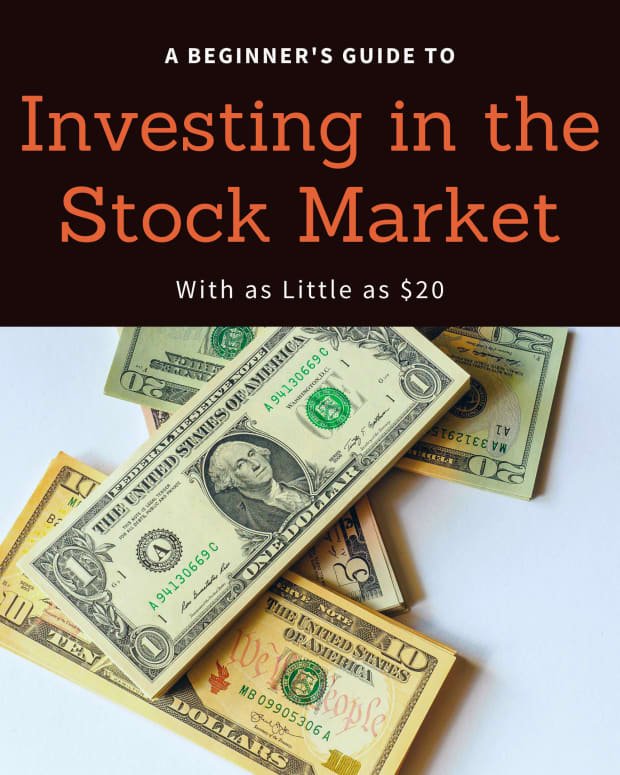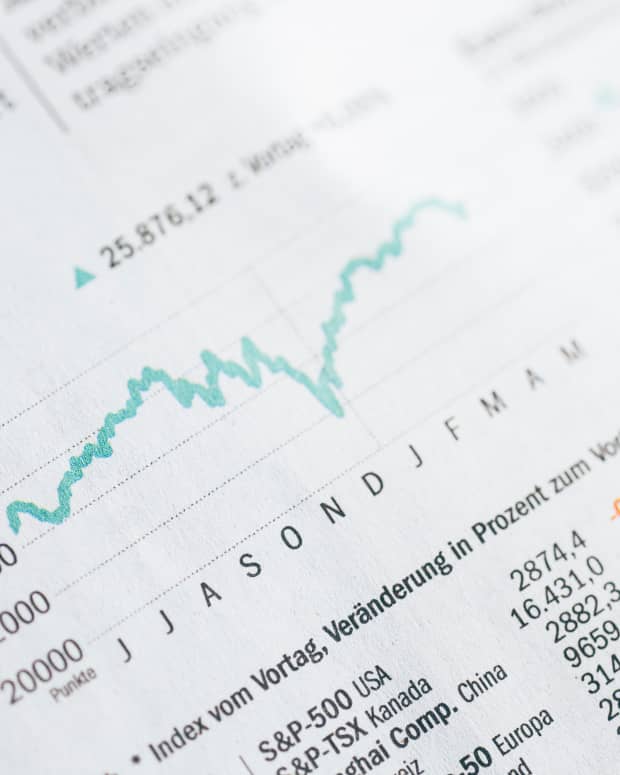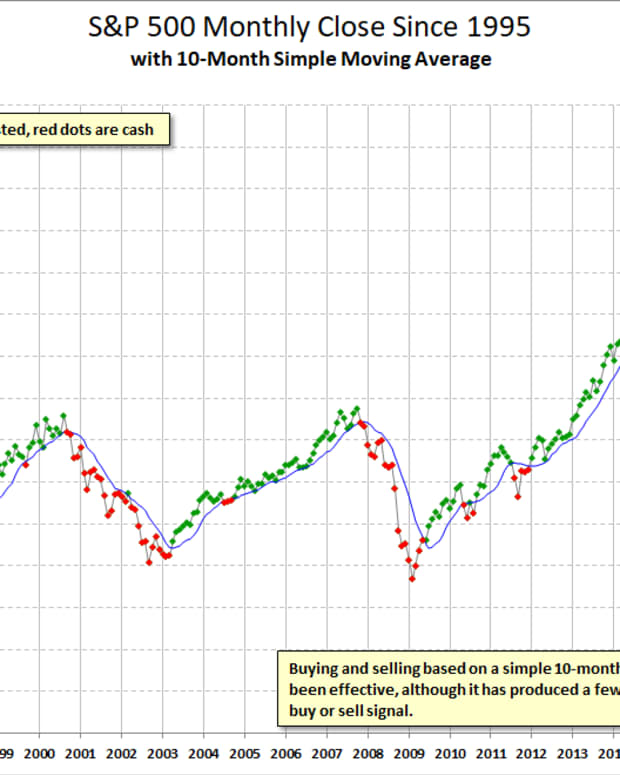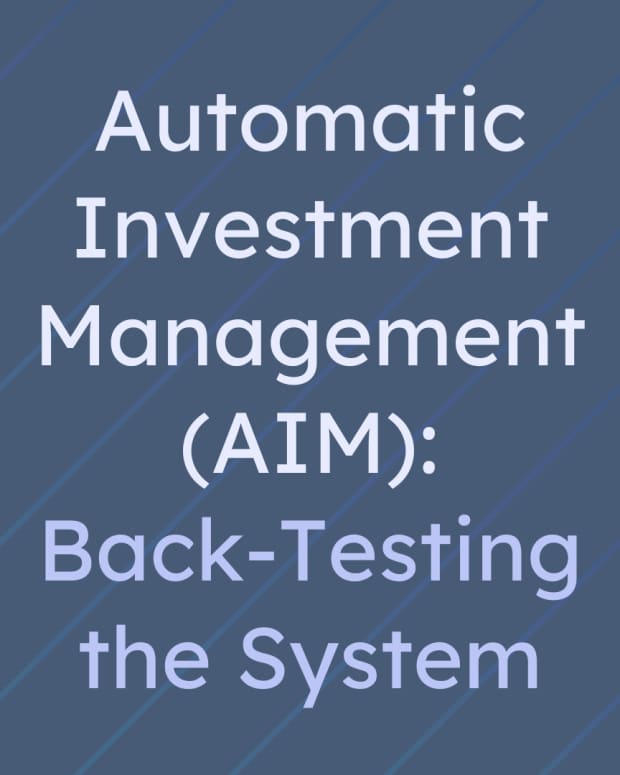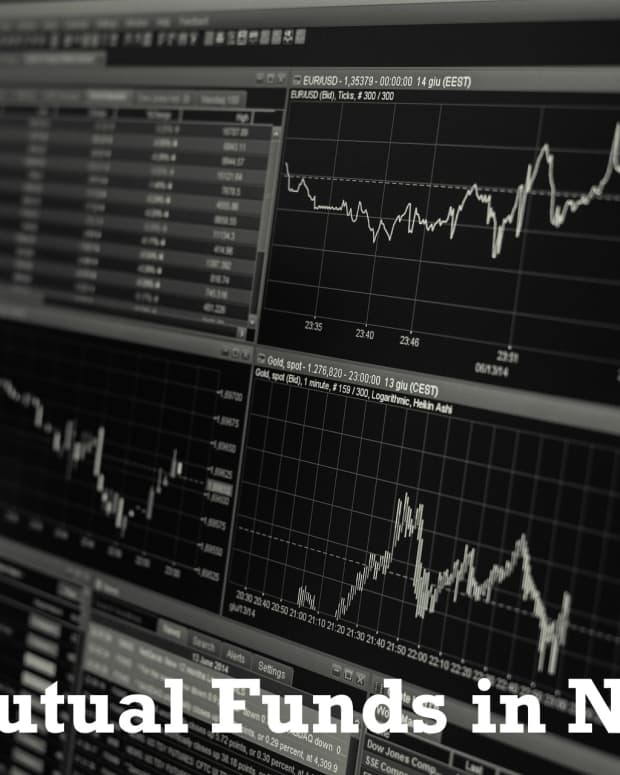Stock Market Investing: Index Funds 101
I've been investing since I was 16 and have accumulated over 20 years of independent investing experience.
Index funds have been all the rage in investing for the last ten years for two reasons: performance and cost. Most index funds bettered the performance of their actively managed peers during the record breaking 10-year bull market from 2008-2018. Not only did they perform better, they also cost far less than actively managed funds by a wide margin.
It's a virtual certainty that almost anyone who owns stocks owns some form of index fund. But do index fund investors really know what they own?
This article explains what index funds are, how they're managed, and why they may or may not be the best investment.
What Is an Index Fund?
The textbook definition of an index fund is a mutual fund that owns stocks that comprise a particular market index. One of the most popular indexes is the S&P 500 which consists of the 500 largest US based companies. But what does this all really mean?
An index fund is passively managed versus actively managed. A passively managed fund must keep the exact same composition of the index that it follows. It cannot buy a stock the fund manager feels is undervalued, and cannot sell any stocks the fund manager feels are destined to crash. The fund must always mirror its index. This is the main reason index funds are much cheaper than actively managed funds. In an index fund you're basically paying the manager to make occasional tweaks versus real investment decisions.
我知道谁管理基金,但经营印度x?
谁管理指数?我glad you asked. Market indexes are built and managed by a company called Standard & Poors. Periodically, a committee from Standard and Poors meets and decides which companies will be added to the indexes and which will be removed.
The main data point for inclusion or exclusion from the indexes is market capitalization. Market capitalization is essentially the combined value of the all the shares of a company. It is the price of a share multiplied by the number of shares available.
Companies experience frequent increases and decreases in their market capitalization which is why the composition of indexes always changes. A company's market capitalization also affects another crucial aspect of an index, and that is index weighting.
In most indexes like the S&P 500, the larger the market capitalization of a stock, the greater weight it will have in that index. It's best to illustrate this point visually. Below you will see a list of the top 25 stocks that comprise the S&P 500.
Read More From Toughnickel
The top stock is Microsoft with a weighting of 3.62%. The 25th ranked stock is Boeing with a weighting of 0.79%. This means that your S&P 500 index fund for example, would own a lot more Microsoft stock than Boeing and any large price change in Microsoft will affect the fund a lot more than the same change in Boeing.
What Is Good About an Index Fund?
A big reason why index funds are good is because they are cheap, cheap, cheap. Vanguard, the largest index fund company, charges an investment fee of 0.04% a year for their S&P 500 index fund. That means you pay Vanguard 4 cents a year for every $100 you invest in that fund. Many actively managed stock funds, in contrast, charge fees of over 1% a year.
Another characteristic of index funds people like is their simplicity. They invest in well-known companies and have a very simple approach. They just do whatever Standard and Poor's tells them to do.
Index funds also performed extremely well during the 2008-2018 record-setting bull market.
What's Bad (Yes, Bad) About Index Funds?
Believe it or not there are bad things about index funds. One major problem is that they are passively and not actively managed. As stated before, in a passively managed fund, a manager is prohibited by law from doing anything that makes the fund not mirror its index. That means the manager cannot take advantage of stocks they feel are great buying opportunities and can't sell stocks they feel are in for a fall.
Perhaps the biggest drawback to index funds is that they will not outperform good actively managed funds over full market cycles.
Below is chart of a comparison of the American Fundamental Investor Fund (symbol FUNFX and charted in blue) to the S&P 500 (charted in green). As you can see, over a complete market cycle from 2002 to 2018, the actively managed American Fundamental Investor Fund outperformed the S&P 500 by almost 10%.
Conclusion
There is not doubt that index funds can be a good investment for someone who wants a low-cost mutual fund that they buy, relax, and watch grow. The purpose of this article is to explain that there are more to index funds than meets the eye and there are some drawbacks. Index funds perform well over time but do underperform theactively managed fundsover full market cycles. They are generally stable but are subject to volatility if a major component has a significant price change.
I hope this article offers more information to all you investors out there. Please hit me up and let me know if you have any questions or suggestions for other topics.
This article is accurate and true to the best of the author’s knowledge. Content is for informational or entertainment purposes only and does not substitute for personal counsel or professional advice in business, financial, legal, or technical matters.
Comments
Liz Westwoodfrom UK on January 09, 2019:
I always assumed that these were actively managed, but what you say makes sense. You give great insights on stocks.

